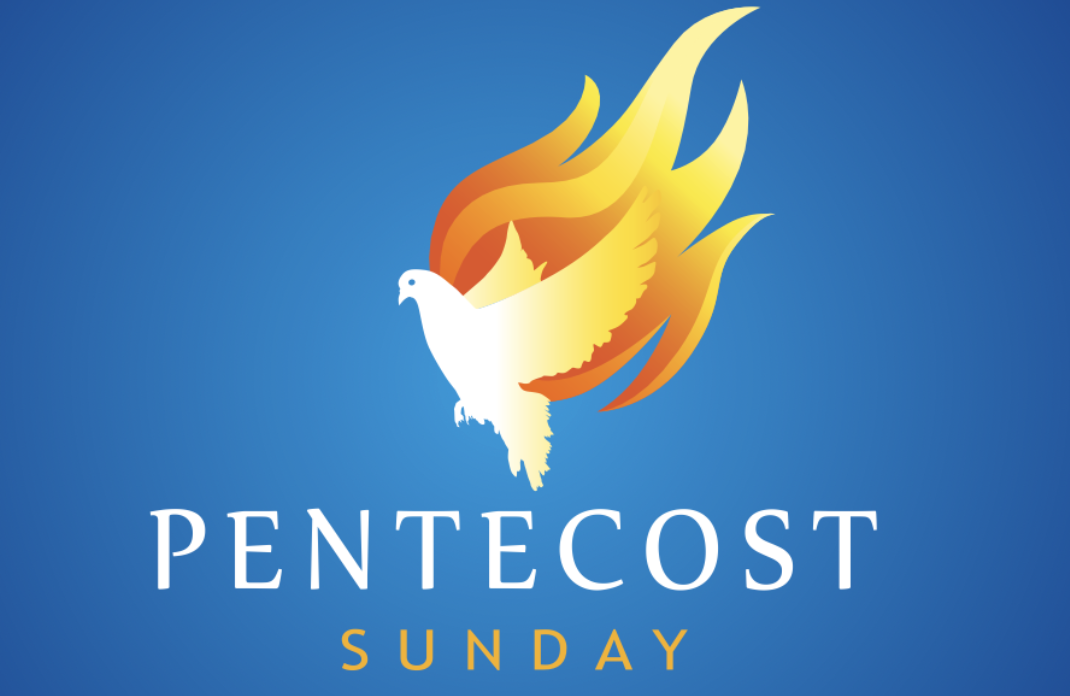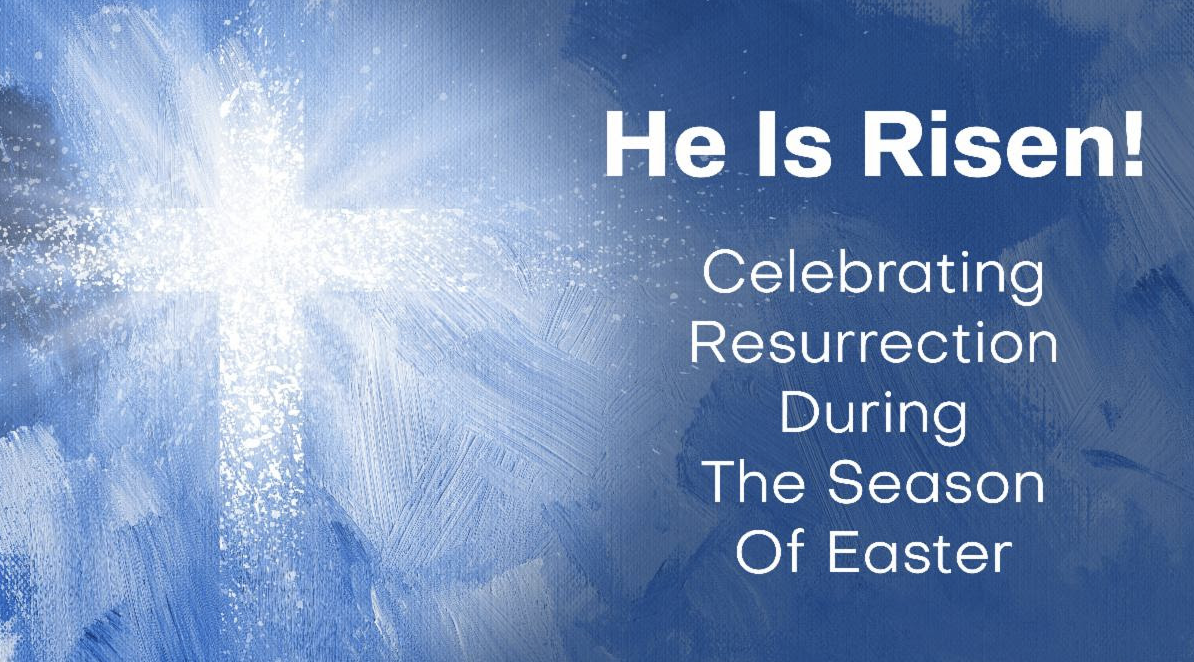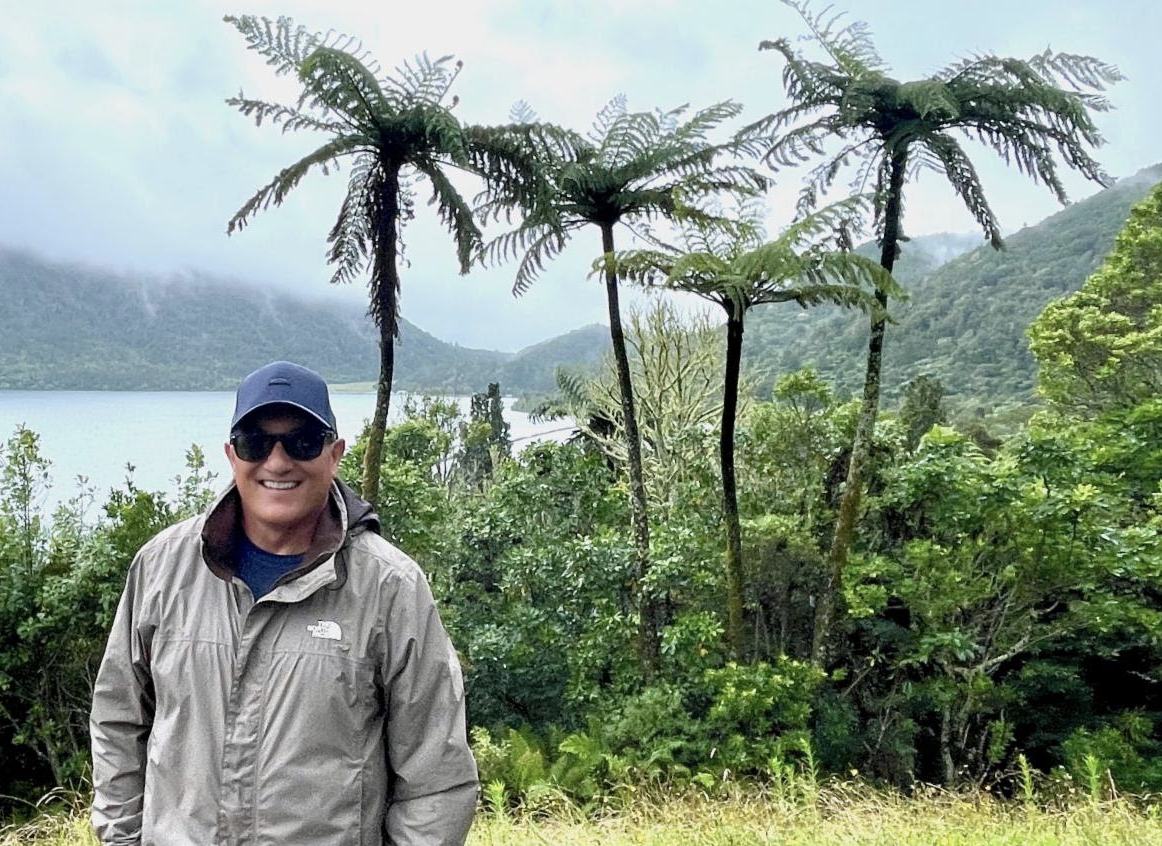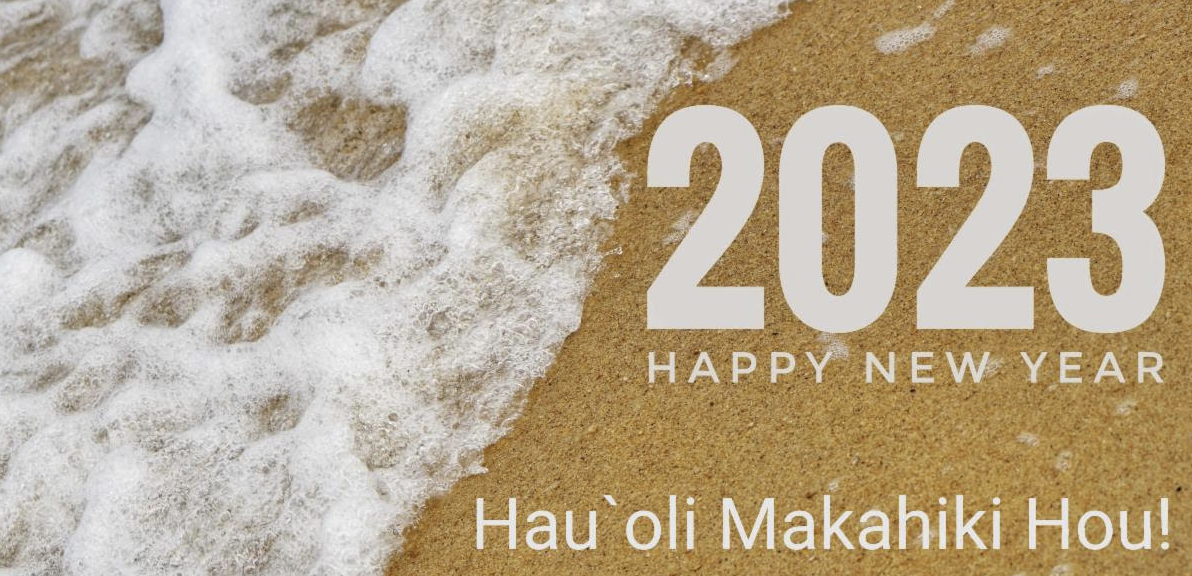A Message From Kahu: May 17th, 2023

A Message From Our Kahu
“The Holy Spirit Is Among Us”
May 28 is Pentecost Sunday! It is the day on which we celebrate the Holy Spirit among us. One of the symbols of the Holy Spirit is fire, which can be used either for purposes that are empowering or destructive. The Book of Acts makes it clear that God’s desire for us is to use our faith and our words to empower not only people but entire communities. When God’s Spirit descended upon the disciples as “tongues of fire,” they began telling people from all over the world what God was up to—not only in their lives but in the entire world. On that day some 3,000 decided to follow the way of Jesus! Pentecost reminds us of the unexpected possibilities when we use our faith and our words to build one another up.
On Pentecost Sunday, let us gather together and celebrate the Holy Spirit among us! Let us invite friends and family members to come and hear how our faith and our words can make a huge difference in the world! Let us give thanks that God’s Spirit is always with us! Aloha Nui Loa! Kahu Alan Akana
Aloha Nui Loa!
Kahu Alan Akana
RED on PENTECOST
Red on Pentecost reminds us that our lives are set aflame with divine love!
The color of Pentecost is RED.
Our deacons will decorate the sanctuary in RED.
You are invited to wear something RED.
STRENGTHEN THE CHURCH
“On Holy Ground”
Each year on Pentecost we collect the “Strengthen the Church” offering, which is one of the annual offerings of the United Church of Christ. You can give by placing a donation in the envelope provided in your bulletin on Pentecost Sunday, by sending a check to the church office, or by giving online (with “Strengthen the Church” or “STC” on the note section of your check or the “Comment” box on our donation page).
“Strengthen the Church” supports the expansion of ministry and growth of the local UCC congregations, helps create a just world for all by investing in new ministries. Your gifts will plant new churches, awaken new ideas in existing churches, develop the spiritual life in our youth and young adults.
Thank you for giving generously!








Recent Comments